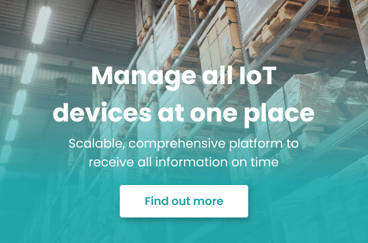Making residents' life more convenient: 5 cities using technologies to increase the well-being of locals

- IOT
- E-MOBILITY
- ENERGY MANAGEMENT
- SMART CITIES
In an era marked by heightened citizen expectations, municipalities must effectively meet their residents' needs, as customer satisfaction holds massive value in local services. Many global cities are embracing cutting-edge software solutions to make their residents' life easier and more convenient, we are examining three Europe and two US-based urban areas.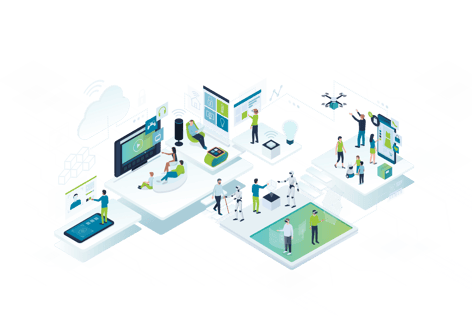 Technology plays a crucial role in shaping and driving the development of smart cities, making it a vital element for their success and sustainability. Smart cities harness various digital advancements to enhance the quality of life for their residents, optimize resource utilization, and promote environmental sustainability. By leveraging innovative technologies, municipalities can streamline water, utility, waste and recycling processes, enhance local transportation, embrace e-mobility approaches, or improve surveillance, leading to improved efficiency and service quality for residents. Software solutions offer real-time tracking, data analytics, and automation capabilities, enabling cities to optimize resource allocation, identify areas for improvement, and make data-driven decisions.
Technology plays a crucial role in shaping and driving the development of smart cities, making it a vital element for their success and sustainability. Smart cities harness various digital advancements to enhance the quality of life for their residents, optimize resource utilization, and promote environmental sustainability. By leveraging innovative technologies, municipalities can streamline water, utility, waste and recycling processes, enhance local transportation, embrace e-mobility approaches, or improve surveillance, leading to improved efficiency and service quality for residents. Software solutions offer real-time tracking, data analytics, and automation capabilities, enabling cities to optimize resource allocation, identify areas for improvement, and make data-driven decisions.
Moreover, technology facilitates seamless communication and connectivity. With the proliferation of high-speed internet and mobile networks, smart cities can offer enhanced connectivity to residents, businesses, and public services. This interconnectedness allows for better public safety, improved transportation systems, and efficient emergency responses. Software-based techniques foster better communication and engagement between cities and residents. Citizens can access information about innovative city initiatives through user-friendly interfaces, such as mobile apps or web applications. This transparent and interactive approach increases fulfilment as residents feel more informed and connected with the municipal services they rely on.
|
|
Internet of Things (IoT) is the most widely used technology for smart cities due to its ability to connect various devices and sensors, allowing real-time data collection and analysis. It enables cities to optimize resource management, improve infrastructure efficiency, and enhance public services. IoT's versatility, scalability, and data-driven insights make it crucial for creating more innovative, connected, and sustainable urban environments. |
|
Energy management software is another approach that smart cities utilize as it empowers efficient control, monitoring, and optimization of energy consumption. It allows cities to analyze energy usage patterns, identify areas for improvement, and implement energy-saving measures. EMS is vital in achieving sustainability goals, reducing carbon emissions, and lowering operational costs. Solar VP software is commonly connected to smart city tech environments to manage the production and consumption of solar energy to optimize the utilization of renewable resources. You can read more about energy management software in our recent blog post.
Cities are keen to use mobility software to facilitate the management of various transportation modes and services in urban environments. It includes solutions for traffic management, public transit schedules, ride-sharing platforms, and more. Another form of mobility, e-mobility, focuses on electric mobility solutions, encompasses software used to manage electric vehicle (EV) charging infrastructure, battery monitoring, range optimization, and EV fleet management. While both types of software aim to enhance transportation efficiency and sustainability, mobility software caters to a broader spectrum of transportation options, whereas e-mobility software is dedicated solely to electric vehicle-related functionalities. In our previous blog post, you can read all about the importance of e-mobility here.
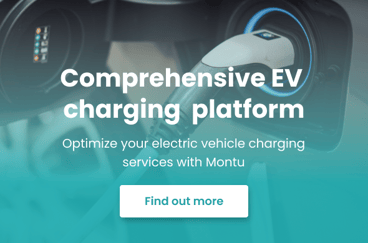
📍 Barcelona, Spain
Barcelona's smart city initiatives include a comprehensive open data platform, granting citizens and businesses access to public data for innovative solutions. The city employs intelligent LED lighting systems adjusting brightness in real-time to save energy. An underground waste collection system with pneumatic tubes optimizes waste collection routes, minimizing environmental impact. IoT sensors also monitor water usage, detect leaks, and enhance water conservation and distribution efficiency. These forward-thinking projects showcase Barcelona's commitment to sustainability, efficiency, and citizen engagement in building a more innovative, greener urban environment.
📍 Amsterdam, Netherlands
Amsterdam prioritizes sustainable transportation, emphasizing cycling infrastructure and electric vehicle charging stations. Intelligent traffic management systems improve traffic flow and alleviate congestion. Energy-saving initiatives, such as green rooftops and the promotion of renewables like solar panels and wind turbines, are implemented in public buildings. The city optimizes waste collection routes and reduces environmental impact with underground waste collection systems and smart bins equipped with fill-level sensors. Smart grids efficiently manage energy distribution, integrating renewable sources and encouraging conservation. Citizen engagement is enhanced through digital services, like online platforms, apps, and real-time information on public transportation and services, enriching Amsterdam's commitment to smart and eco-friendly urban living.
📍 Budapest, Hungary
Budapest is committed to improving its transportation system by integrating smart technologies. Intelligent traffic management systems optimize traffic flow and reduce congestion while promoting electric vehicle charging infrastructure and sustainable transportation options. The city invests in digital platforms and mobile apps for better access to public services and citizen engagement. Residents can access information on transport schedules, municipal services, and cultural events. Budapest focuses on energy-efficient solutions, implementing initiatives in public buildings, street lighting upgrades, and promoting renewable energy sources to reduce its carbon footprint. Upgrading street lighting with energy-efficient LED lights and smart controls optimizes energy usage and enhances safety through real-time data adjustments.
📍 San Francisco, California
San Francisco adopts smart transportation systems, employing real-time data for traffic management, intelligent traffic signals, and promoting bike-sharing and electric scooters for improved mobility. The city actively pursues sustainable energy solutions, utilizing renewable sources like solar power, energy-efficient buildings, and smart grid technologies to reduce its carbon footprint. Smart waste management initiatives involve sensor-monitored bins, optimized collection routes, and recycling campaigns for reduced environmental impact. These comprehensive smart city approaches enhance urban efficiency, sustainability, and livability while positioning San Francisco at the forefront of technology-driven urban development.
📍 New York City, New York
New York City takes proactive steps to enhance resilience against climate change impacts, employing flood prevention, water management, and infrastructure reinforcement for extreme weather events. The city uses smart technologies to improve public safety and emergency response, utilizing data analytics for crime prediction, advanced communication systems, and surveillance for enhanced security. Innovative transportation initiatives prioritize mobility and congestion reduction, incorporating intelligent traffic management, real-time transit updates, and expanded bike-sharing programs. New York City is dedicated to sustainability, striving to decrease greenhouse gas emissions with solar installations, energy-efficient buildings, and smart grid adoption. These multifaceted approaches exemplify the city's commitment to a safer, greener, and technologically-advanced urban landscape.
Share this post on social media:
Posts by Tag
- IoT (17)
- Smart cities (16)
- E-mobility (14)
- Energy Management (10)
- Mobility (9)
- Software development (9)
- Marketing automation (6)
- RPA (6)
- Robotic Process Automation (6)
- electric vehicles (6)
- Internet of Things (5)
- IoT solution (5)
- Marketing software (5)
- Smart Building (5)
- Business Intelligence (4)
- Custom applications (4)
- IoT platform (4)
- Uipath (4)
- electric charging (4)
- IoT devices (3)
- Properties (3)
- AI (2)
- BI (2)
- Montu (2)
- Multi-device functionality (2)
- Omnichannel (2)
- RPA Budapest (2)
- Smart city (2)
- UX design (2)
- app development (2)
- artificial intelligence (2)
- crm (2)
- crm software (2)
- electric charging station (2)
- machine learning (2)
- marketing campaign (2)
- optima (2)
- API Testing (1)
- Agriculture (1)
- Automated Testing (1)
- BYOD (1)
- EV (1)
- Energy Communities (1)
- Event insights (1)
- Event report (1)
- Green IoT (1)
- HR (1)
- IT Outsourcing (1)
- ML (1)
- Power BI (1)
- Resource Management (1)
- Smart Home (1)
- Smart Office (1)
- TaaS (1)
- UX/UI Design (1)
- Xamarin (1)
- cloud (1)
- cloud computing (1)
- cross-selling (1)
- data driven marketing (1)
- digital twin (1)
- dynamic customer segmentation (1)
- esg (1)
- inbound marketing (1)
- industry 4.0 (1)
- onprem (1)
- onpremise (1)
- scalability (1)
- software robot (1)
- testing as a service (1)
- upselling (1)
Recent Posts
Read On
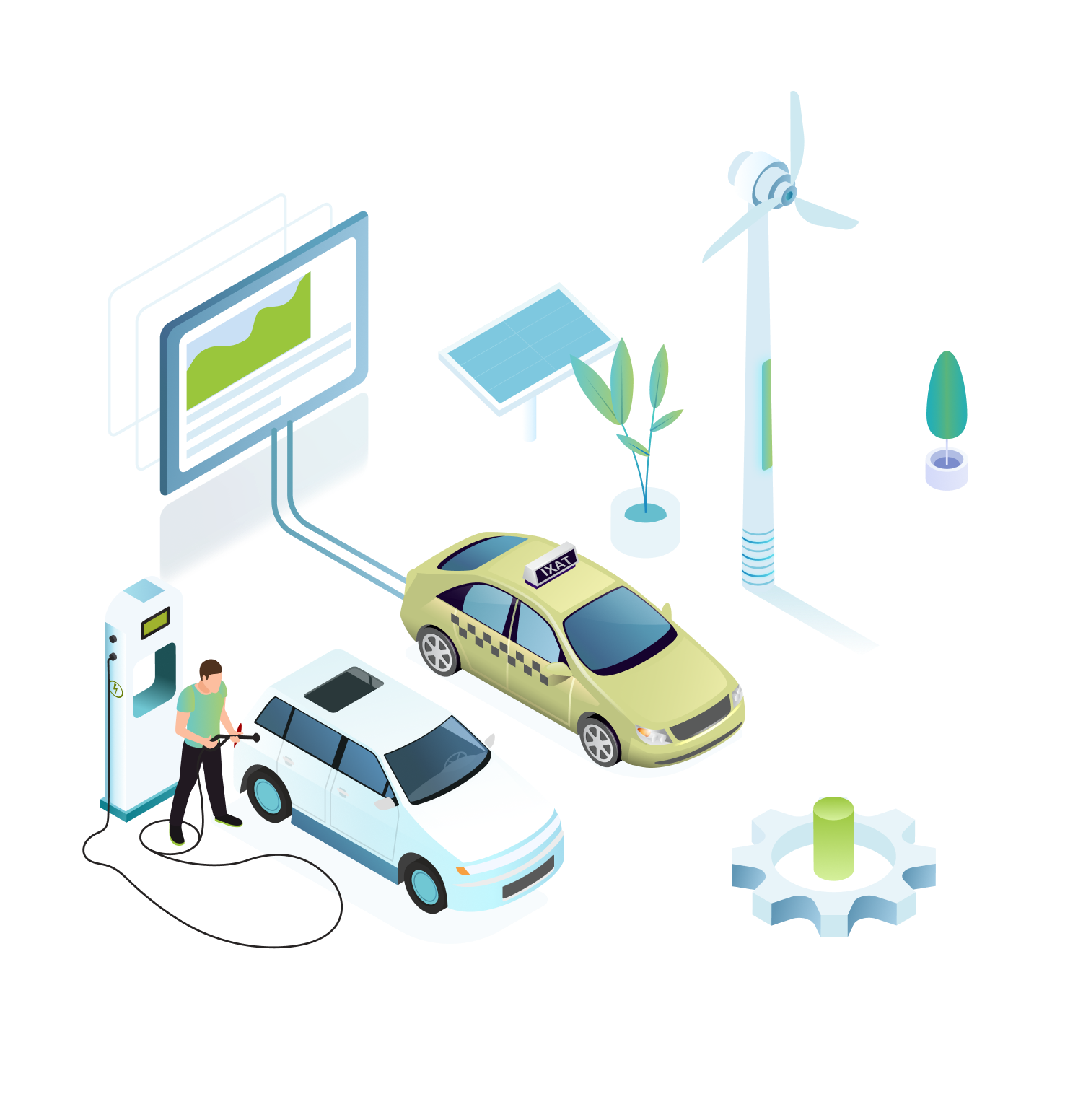
- E-MOBILITY
- MONTU
- ELECTRIC VEHICLES
- ELECTRIC CHARGING STATION
- ELECTRIC CHARGING
Empower your fleet's efficiency with EV charging solutions
As businesses increasingly embrace sustainable practices, electric vehicles (EVs) have emerged as a game-changer for fleet management. With their environmental benefits and increasing availability, EVs are becoming attractive for businesses seeking to optimize their operations while reducing their...
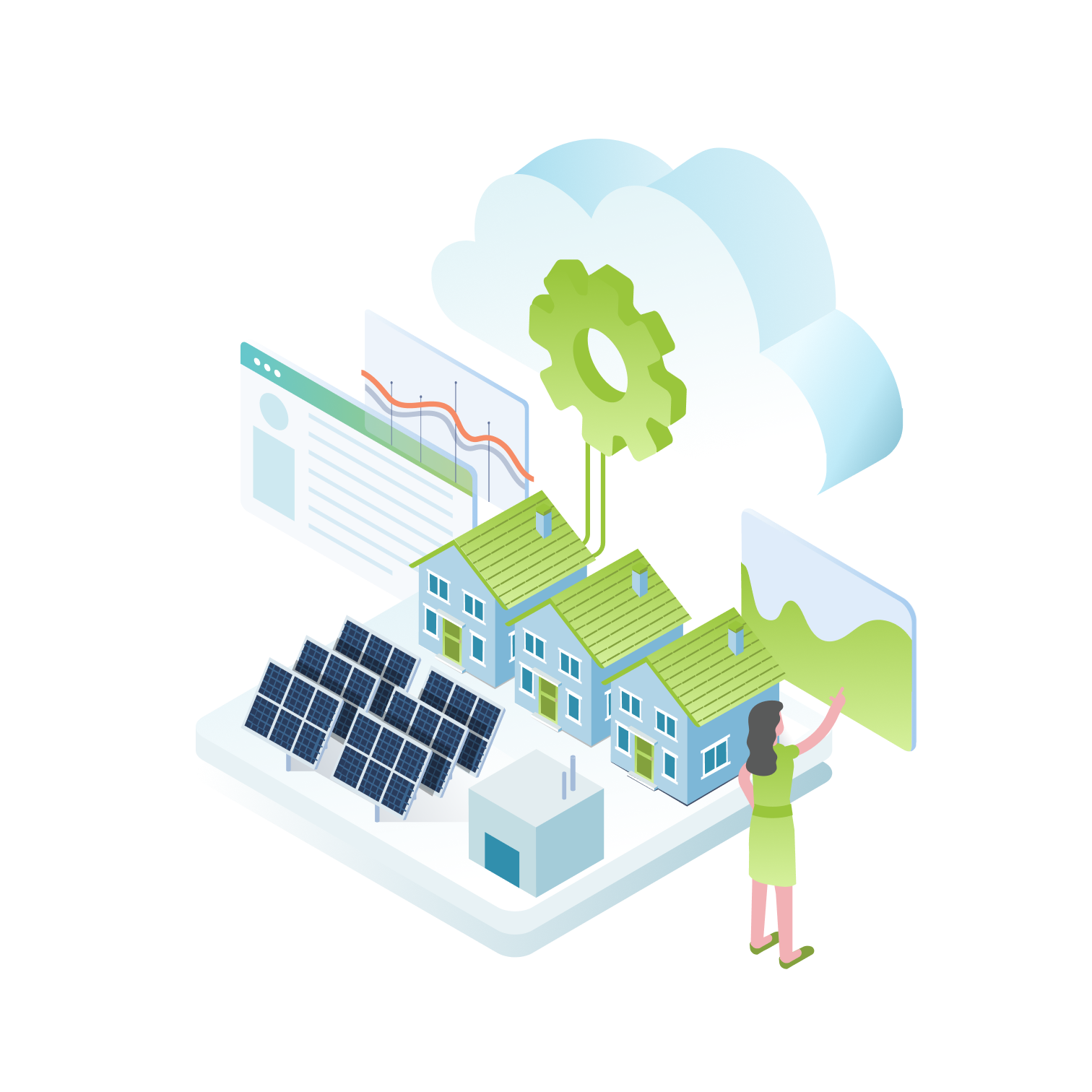
- SMART BUILDING
- ENERGY MANAGEMENT
- PROPERTIES
Energy management software for properties and buildings
Buildings encounter multiple challenges in today's fast-paced world, necessitating cost-effective and creative solutions. With expanding urbanization, increasing energy demand and environmental concerns, buildings must evolve to meet changing requirements while minimizing their resource consumption...
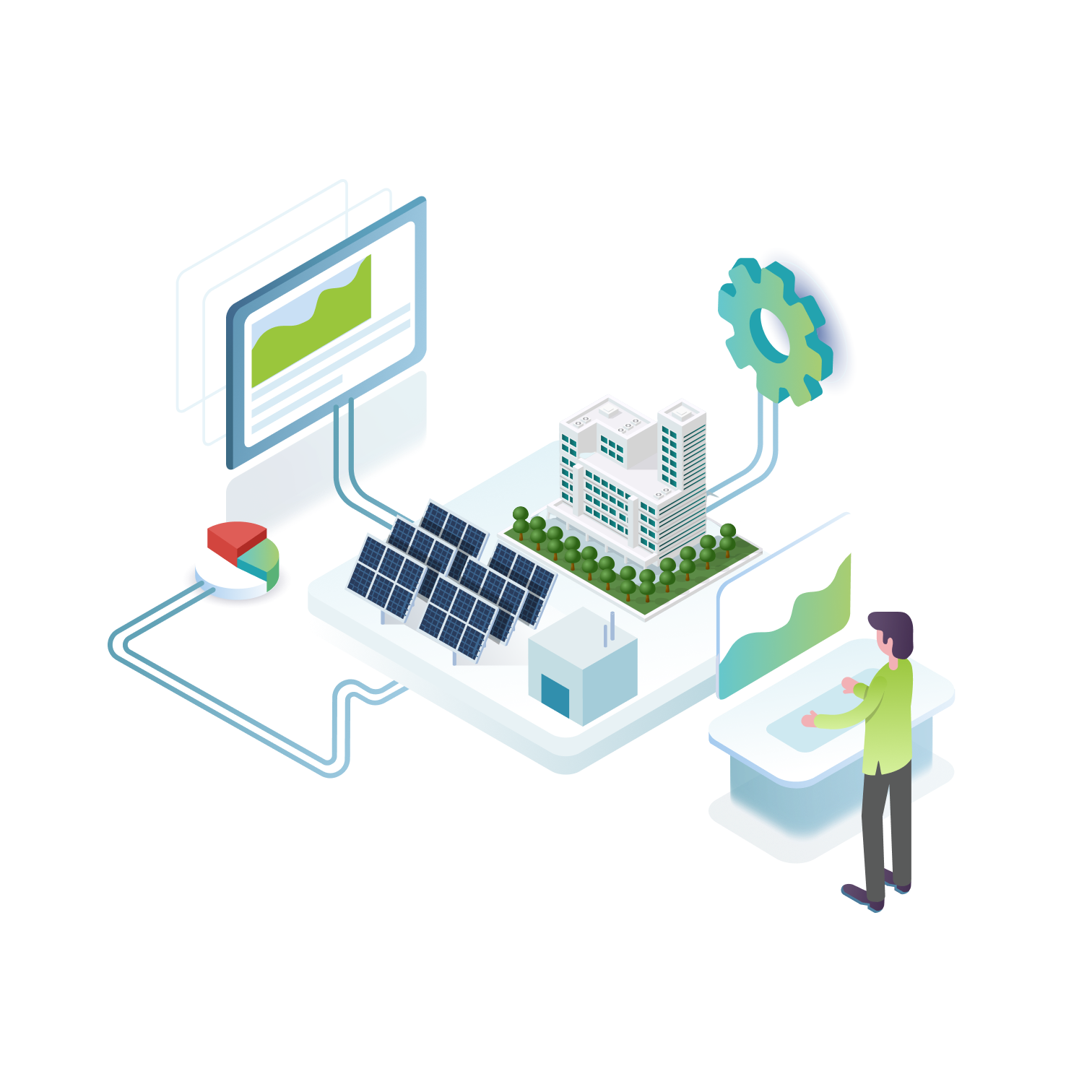
- SMART BUILDING
- ENERGY MANAGEMENT
- PROPERTIES
Green building tech trends that are shaping the construction industry
The construction industry plays a significant role in environmental degradation, meaning that sustainability and green solutions are fundamental in improving our lives' environmental, economic, and societal aspects. Green buildings present an alternative method to reduce the environmental impact of...


